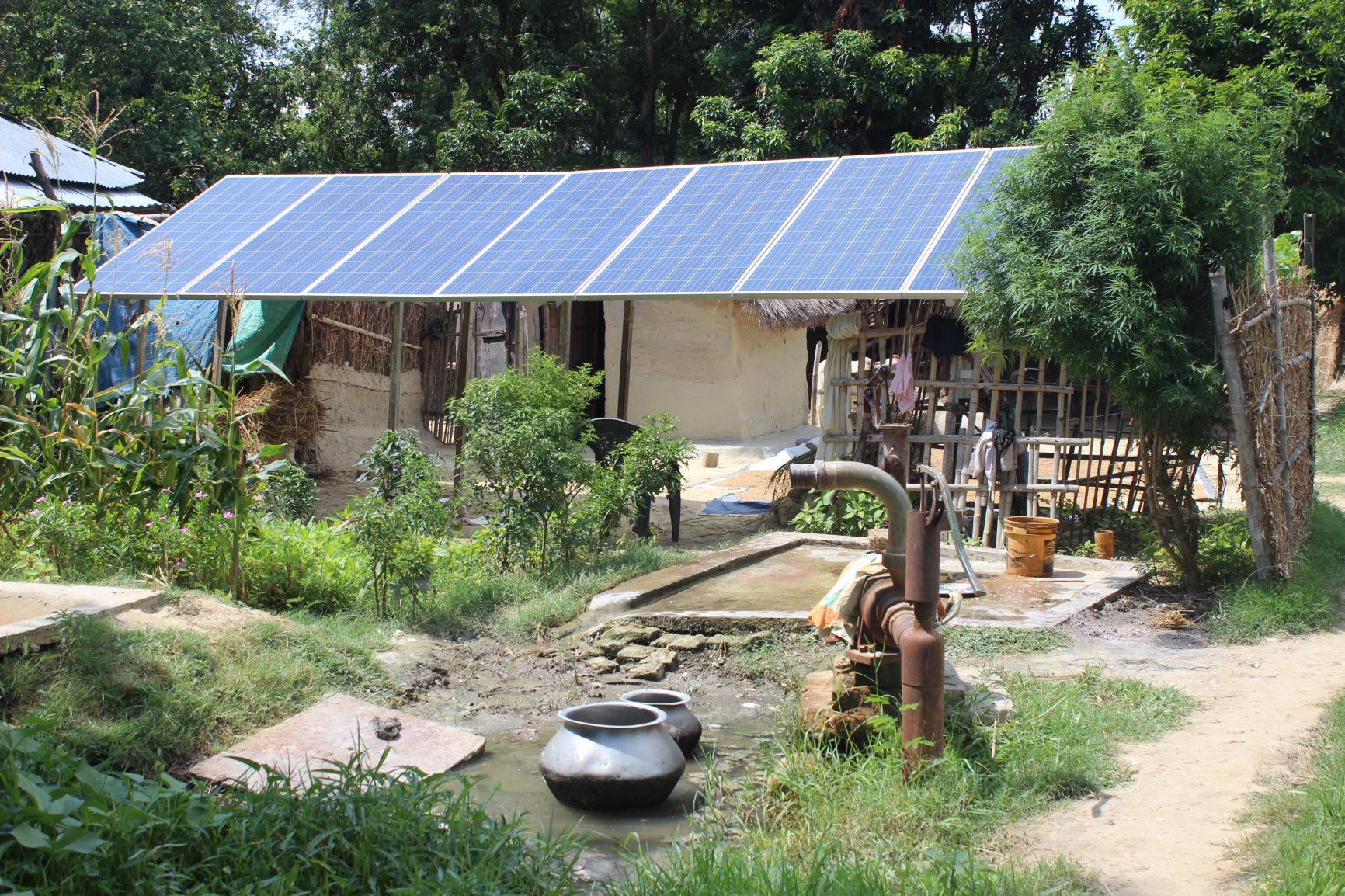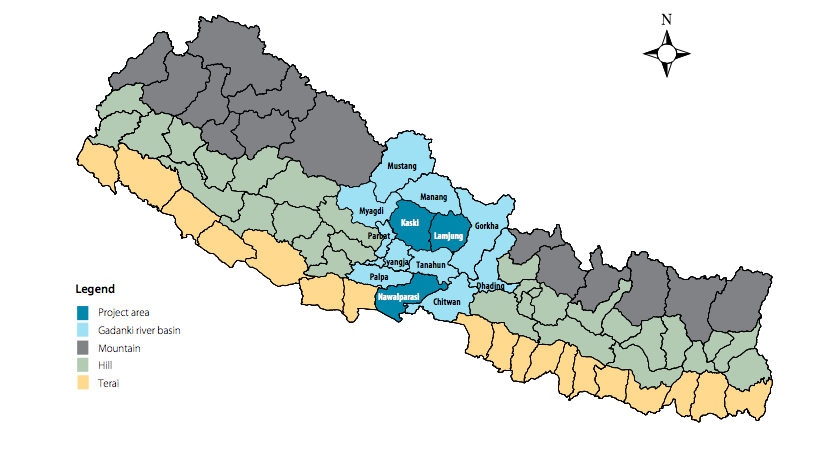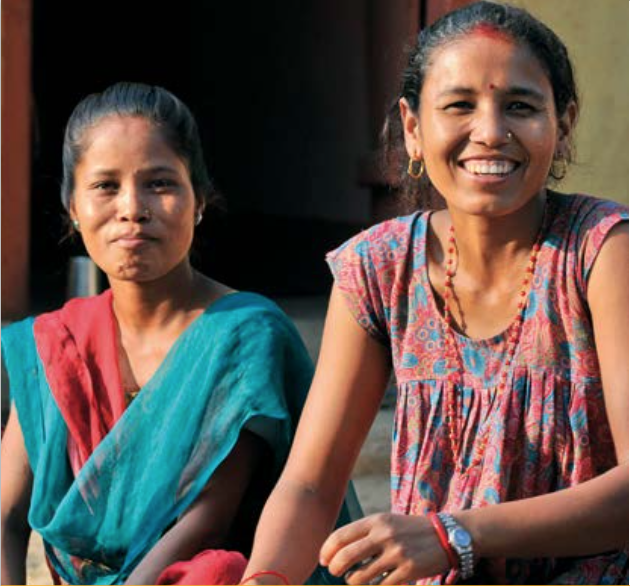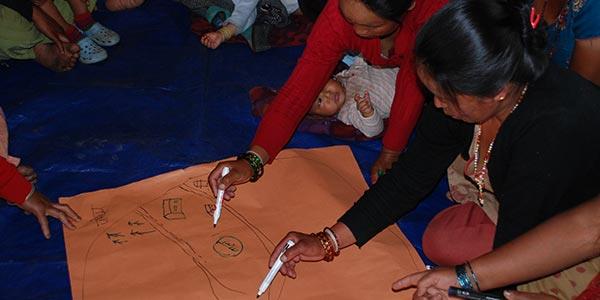LI-BIRD

Local Initiatives for Biodiversity, Research and Development (LI-BIRD) is a nongovernmental organization (NGO) established in 1995 in Nepal. It is committed to capitalize on local initiatives for sustainable management of renewable natural resources and to improve the livelihoods of resource poor and marginalized people.
In the past fourteen years of partnership for development-oriented research in agriculture and natural resources management, LI-BIRD has contributed to the development of several innovative methodologies and approaches for participatory research and development, and has generated impacts that have enhanced the livelihoods of resource-poor farmers through appropriate technological and policy changes. LI-BIRD has been a pioneer organization in strengthening methodologies to use Participatory Plant Breeding (PPB) and Participatory Variety Selection (PVS) for crop improvement and community-based biodiversity management, and has played an instrumental role in institutionalizing these approaches in the national systems of Nepal.
The national and international communities have been recognising LI-BIRD as a Centre of Excellence for its contribution in shaping national policy, and for developing and promoting good practices for in-situ conservation of agricultural biodiversity on-farm. Because of its impact-oriented approach and professional accountability, LI-BIRD has become a partner of choice for farming communities and organizations engaged in Research and Development (R&D) in agriculture and natural resource management.
Contact: [email protected]



